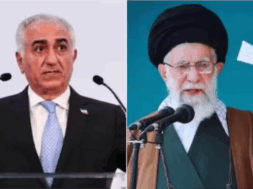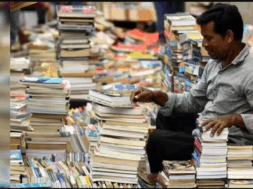
Europe on Energy Saving Mode as Russian Gas Dries-Up
New Delhi: In the view of saving energy, the authority in Berlin has switched off the lights at public monuments and turned off heating at city-run buildings like leisure centers. The gas import from Russia has reduced drastically in the last few days.
Germany uses gas for heating – around 15 percent goes to generating electricity but across the country – authorities are finding ways to cut consumption in both of these areas.
In the northwest, Hanover became the first major city to introduce energy-saving measures. This includes switching off hot water in showers and baths at facilities like leisure centers. Municipal buildings can also no longer be heated to more than 20C and mobile air conditioning units or fan heaters are banned. Other cities have been turning off lights and fountains in public places. On Wednesday night, Berlin’s roughly 200 historic monuments and municipal buildings were plunged into darkness.
According to political experts, This reduction would enable countries to keep the lights on in the worst-case scenario if Russia were to totally cut off supplies.
The European Union – planning to reduce the gas import from Russia and avoid blackouts in the upcoming winter. The aim is to bring down energy consumption by 15 percent by next March. Trouble in the European countries – is expected to increase before winter as the import of gas from Russia has declined noticeably in the last few days. Some cities and countries have already started to take action to reduce energy consumption ahead of winter.
Reductions are voluntary as of now but soaring energy prices could act as motivation. However, in the case of a severe shortage or unusually high consumption, the European Commission may make them mandatory. The EU’s voluntary 15 percent target was agreed upon by energy ministers from almost all of the 17 member states. Hungary was the only country to object.
France gets a majority of its energy (70 percent) from nuclear power but is still looking to reduce its use of energy consumption by 10 percent in the next two years. Italy has been working on a plan to cut energy consumption since early July. Greece revealed an “operation thermostat” in June which aims to reduce energy consumption by 10 percent this year and then 30 percent by 2030.
(Vinayak)














